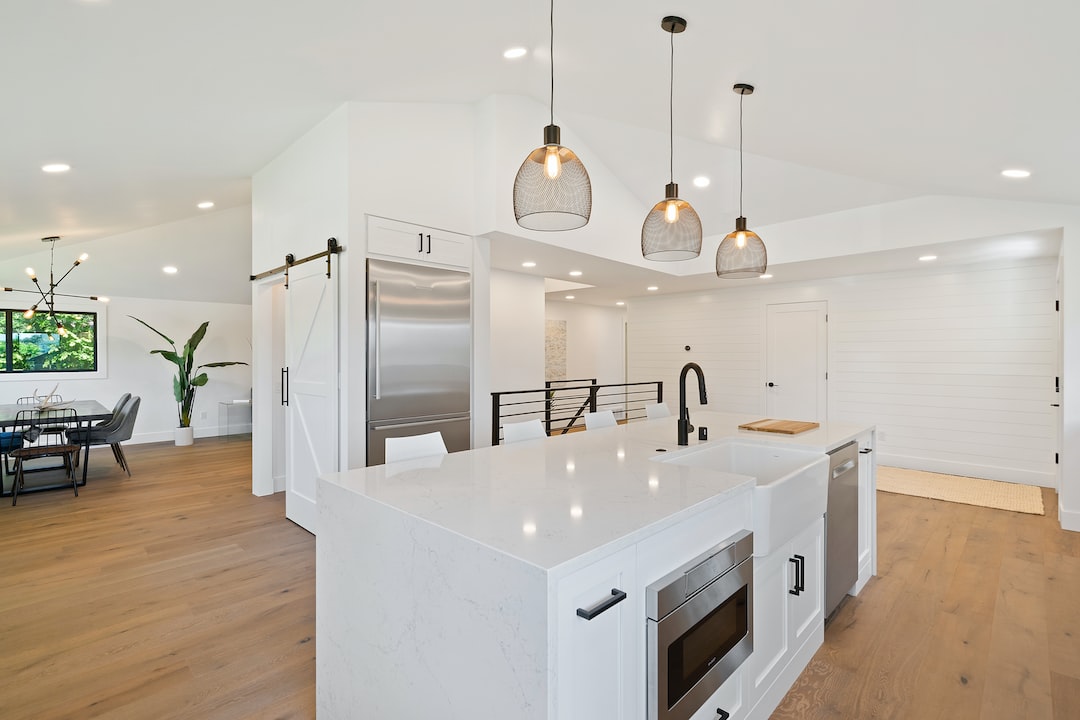The Pros and Cons of Renting vs. Owning a Home
Deciding whether to rent or own a home is one of life’s biggest financial choices. While owning a home has traditionally been seen as a significant milestone, renting has its own advantages. Both options come with their own sets of pros and cons, and understanding them can help you make an informed decision. Here, we explore the benefits and downsides of renting versus owning.
Renting a home offers several advantages. One of the most significant benefits is the flexibility it provides. Renting allows you to move from one place to another without the hassle of selling a property. If you’re someone who enjoys exploring different neighborhoods or frequently relocates for work, renting might be a more suitable option for you.
Furthermore, renting can be more affordable in the short term. Generally, renters only pay a monthly rental payment, whereas homeowners are responsible for mortgage payments, property taxes, and maintenance costs. Renters can also avoid unexpected expenses related to repairs, as these are the landlord’s responsibility.
Moreover, renting provides less financial risk compared to ownership. With homeownership, the market fluctuations and unexpected repairs could potentially lead to significant financial stress. Renters, on the other hand, do not carry the burden of property values decreasing or major repairs.
However, there are downsides to renting as well. One major disadvantage is the lack of control over the property. Renters are limited in their ability to make changes or improvements to their living space as they need the landlord’s approval. This restriction can hinder personalization and sense of belonging.
Additionally, renting means you are essentially paying someone else’s mortgage. It doesn’t contribute to building equity or wealth. Owning a home allows you to build equity over time and potentially benefit from increasing property values. Homeownership can be seen as an investment and a long-term financial asset.
Another pro of owning a home is the stability it offers. Homeowners have the freedom to make their space truly their own. They can paint walls, renovate, and create a personalized living environment without seeking permission. This sense of permanence and stability can be comforting to individuals or families looking to settle down.
Furthermore, homeownership provides the opportunity to build a strong credit history. Consistently making mortgage payments on time and managing finances responsibly can positively impact your credit score. This advantage can open doors to better interest rates on loans and credit cards, providing further financial flexibility.
However, owning a home is not without its drawbacks. One significant con is the financial commitment and responsibilities it entails. Mortgages, property taxes, and maintenance expenses can be significant burdens on your budget. Homeowners must be prepared to handle unexpected repairs and fluctuations in the housing market.
Additionally, owning a home often requires a large upfront investment in the form of a down payment. This barrier to entry can make it more difficult for some individuals to become homeowners, especially for first-time buyers.
In conclusion, both renting and owning a home have their own set of pros and cons. Renting provides flexibility, affordability, and limited financial risk. On the other hand, owning a home offers stability, the potential for financial gain through equity, and the ability to personalize one’s living space. Determining the right choice depends on your personal circumstances, financial goals, and long-term plans. It’s crucial to carefully evaluate the pros and cons to make a decision that aligns with your needs and aspirations.

